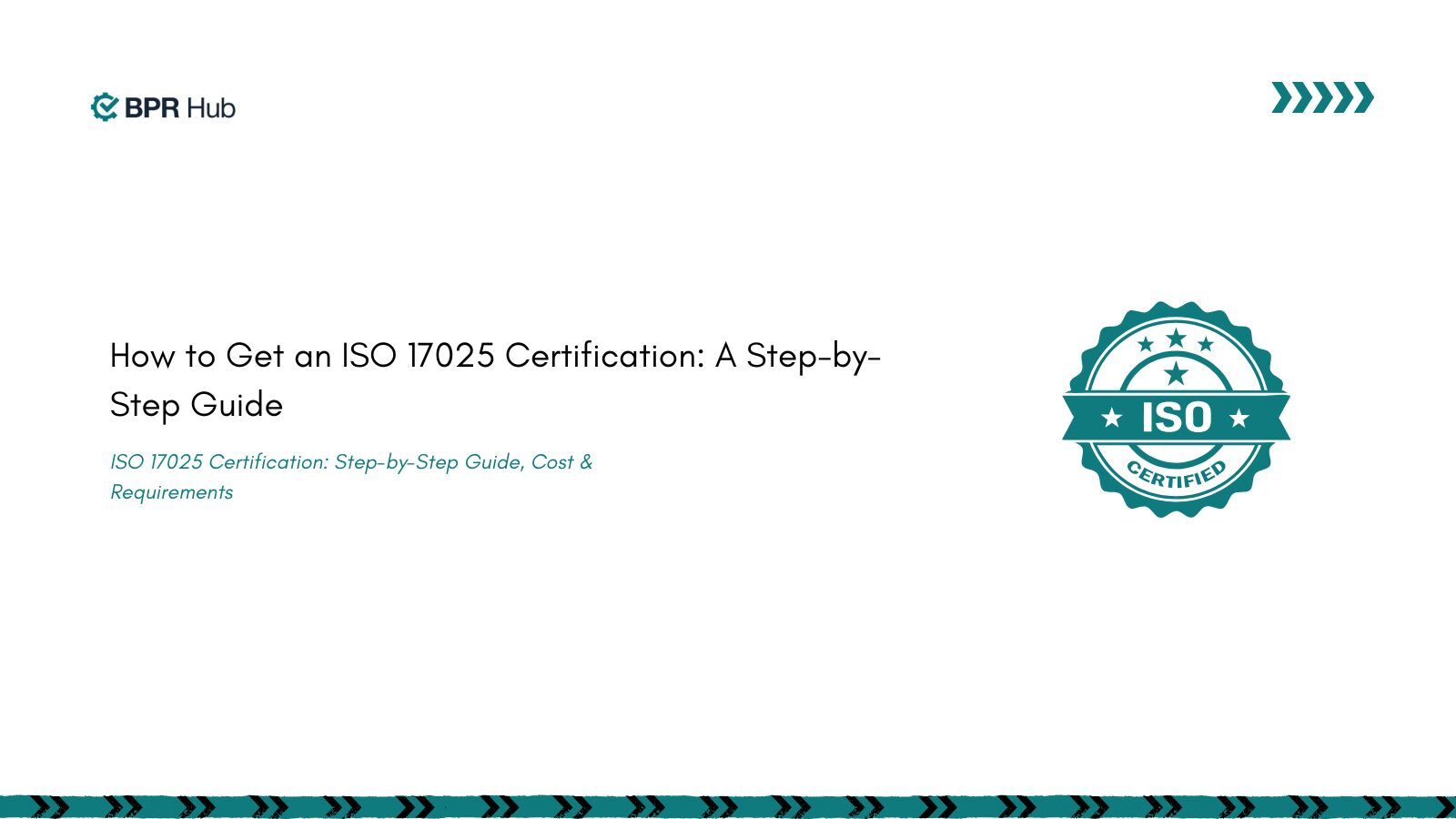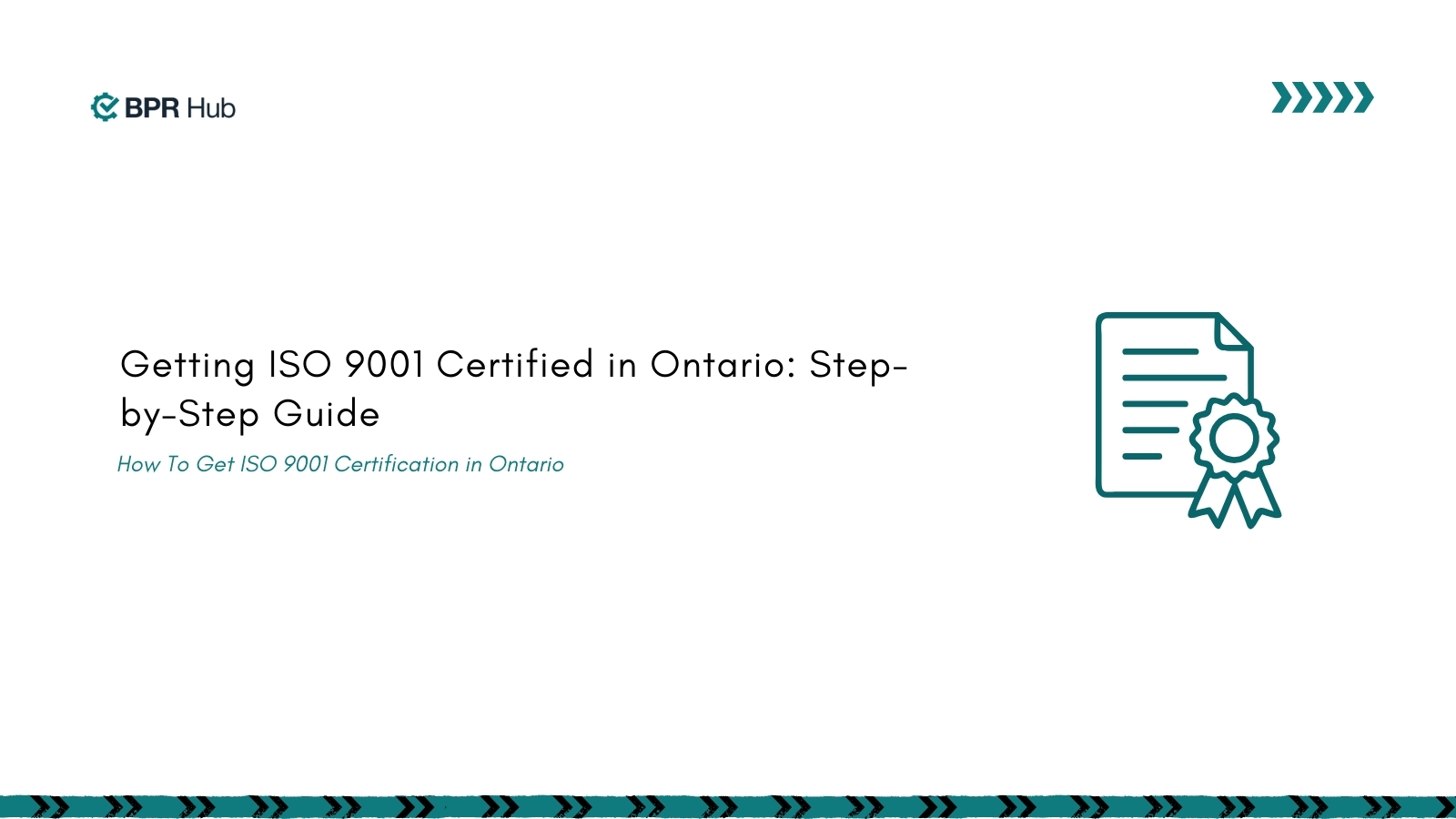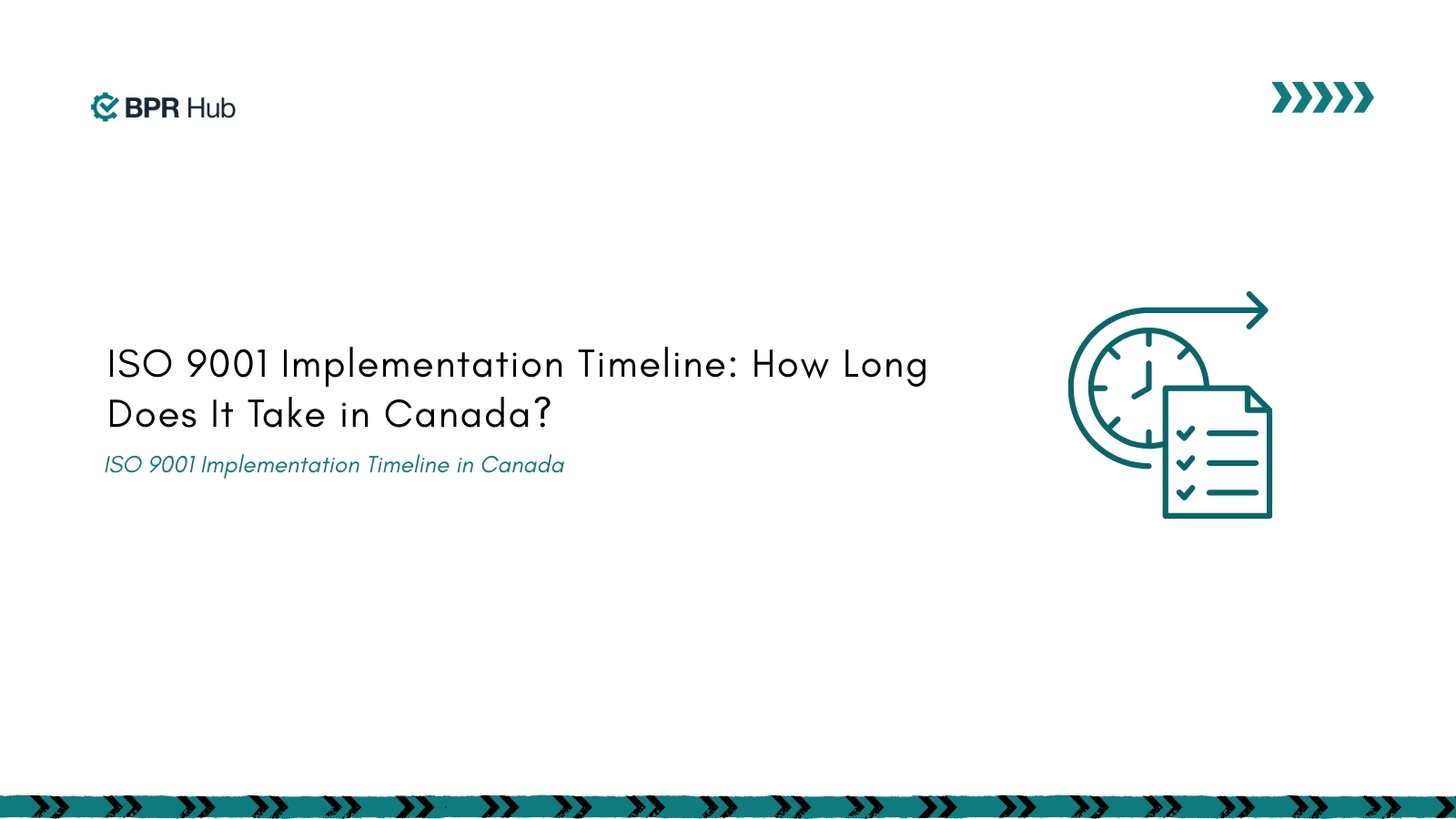Manufacturing laboratories today face an increasingly complex compliance landscape where achieving ISO 17025 standards compliance has become essential for competitive advantage and market access. Over 114,600 laboratories worldwide have achieved ISO 17025 accreditation through the International Laboratory Accreditation Cooperation (ILAC), demonstrating the critical importance of technical competence in today's manufacturing environment.
ISO 17025 standards represent the gold standard for testing and calibration laboratory compliance, providing manufacturers with a framework that demonstrates technical competence while meeting stringent regulatory requirements. Whether you're operating laboratories in pharmaceuticals, aerospace, medical devices, or advanced manufacturing, understanding the ISO 17025 compliance process transforms audit preparation from a scramble into a streamlined competitive advantage.
This comprehensive guide empowers manufacturing leaders to achieve ISO 17025 standards compliance efficiently, from understanding core requirements to managing implementation costs effectively. By implementing robust quality management systems, your laboratory operations become audit-ready year-round while supporting scalable growth.
What Is ISO 17025 Standards Compliance?
ISO 17025 standards specify the general requirements for competence of testing and calibration laboratories, ensuring manufacturers can demonstrate technical excellence and produce reliable, globally accepted results. This internationally recognized framework enables laboratories to prove technical competence while implementing robust quality management systems that support operational excellence.
The ISO 17025 standards encompass management requirements and technical requirements. Management requirements focus on operational systems, documentation control, and quality assurance processes, while technical requirements address personnel competence, equipment calibration, measurement traceability, and test method validation, all critical for manufacturing quality control.
Unlike generic quality management approaches, ISO 17025 standards are specifically designed for laboratories conducting testing and calibration activities. The framework includes unique requirements such as measurement uncertainty estimation, proficiency testing participation, and technical competence demonstration that directly support manufacturing quality objectives and regulatory compliance.
ISO 17025 Standards Requirements for Manufacturing Excellence
Management System Excellence & Documentation Control
Manufacturing laboratories must establish quality management systems that include documented procedures for all critical processes, from sample handling to result reporting. ISO 17025 standards require maintaining controlled documents, implementing corrective and preventive actions, and ensuring continuous improvement through regular management reviews.
Effective documentation control establishes procedures for document creation, review, approval, and revision that align with manufacturing best practices. Laboratories must maintain records demonstrating compliance with ISO 17025 standards, including training records, equipment maintenance logs, and quality control data that support manufacturing quality objectives.
Technical Competence & Equipment Excellence
Technical requirements address core competencies that distinguish ISO 17025 standards from general quality frameworks. Personnel competence becomes paramount, requiring manufacturing laboratories to demonstrate that staff possess appropriate education, training, and experience for their assigned responsibilities.
Equipment management represents a critical technical requirement encompassing calibration procedures, maintenance schedules, and performance verification. All measuring and testing equipment must be calibrated against traceable standards, with intervals established based on equipment stability and usage patterns that align with manufacturing production schedules.
Quality Assurance & Continuous Improvement
Quality assurance activities include participation in proficiency testing programs, implementation of quality control procedures, and validation of test methods. Manufacturing laboratories must participate in proficiency testing schemes relevant to their scope, demonstrating ongoing competence through external verification.
Internal quality control procedures include regular analysis of reference materials, duplicate testing, and statistical monitoring of test results that support manufacturing quality objectives.
Benefits of ISO 17025 Standards Compliance for Manufacturing Growth
Enhanced Market Access & Global Recognition
Manufacturing laboratories with ISO 17025 standards compliance gain immediate credibility with customers, regulatory bodies, and international partners. This recognition eliminates the need for multiple assessments by different customers, as accredited status provides universally accepted proof of technical competence that accelerates market entry and customer approval processes.
Global recognition associated with ISO 17025 standards facilitates international manufacturing expansion by ensuring test results are accepted without additional verification. This capability is particularly valuable for manufacturers serving regulated industries such as pharmaceuticals, medical devices, and aerospace.
Competitive Advantage Through Operational Excellence
In competitive manufacturing markets, ISO 17025 standards compliance provides distinct advantages by demonstrating commitment to quality and technical excellence. This competitive advantage translates into improved customer retention, premium pricing opportunities, and access to high-value market segments.
Operational Efficiency & Risk Reduction
The systematic approach required by ISO 17025 standards leads to improved operational efficiency and reduced errors across manufacturing laboratory operations. Quality control improvements include better error detection, enhanced data integrity, and more reliable results that often generate cost savings offsetting implementation investments.

ISO 17025 Standards Implementation Process for Manufacturing Success
Strategic Gap Analysis & Implementation Planning
Manufacturing laboratories should begin their ISO 17025 standards compliance process with a thorough gap analysis comparing current operations against requirements. This assessment evaluates existing procedures, documentation systems, personnel competence, and equipment calibration status to identify areas requiring improvement.
Consider engaging experienced consultants like BPRHub to facilitate this analysis and provide expert guidance throughout the compliance journey. BPRHub's Unified Compliance Framework can centralize your ISO 17025 standards implementation alongside other manufacturing standards, reducing duplicate workflows and accelerating compliance achievement.
Documentation Excellence & Quality Management Systems
Create comprehensive documentation addressing all ISO 17025 standards requirements, including quality manuals, procedures, work instructions, and forms that align with manufacturing best practices. Documentation development should focus on practical procedures reflecting actual laboratory operations rather than theoretical compliance exercises.
BPRHub's documentation management capabilities enable manufacturing laboratories to maintain controlled documents, track revisions, and ensure consistency across multiple standards simultaneously, reducing administrative burden while maintaining compliance excellence.
Staff Excellence & Competence Development
Implement comprehensive training programs ensuring all personnel understand their roles in maintaining ISO 17025 standards compliance while supporting manufacturing objectives. Establish competence criteria for each position and maintain detailed training records demonstrating ongoing professional development.
Audit Readiness & Continuous Improvement
Conduct regular internal audits to verify compliance with ISO 17025 standards requirements and identify opportunities for improvement. Management reviews should evaluate audit results, customer feedback, and system performance to drive continuous improvement.
BPRHub's Audit Hub transforms audit preparation from a scramble into a streamlined process, maintaining audit readiness year-round while providing real-time insights into compliance status across all manufacturing standards.
ISO 17025 Standards Implementation Costs & Timeline for Manufacturing
Strategic Cost Management for Manufacturing Excellence
ISO 17025 standards implementation costs vary significantly based on laboratory size, scope requirements, and geographic location. Initial implementation typically ranges from $3,000 to $10,000 for smaller manufacturing laboratories, with larger facilities investing proportionally based on scope complexity.
BPRHub's compliance management platform reduces implementation costs by providing pre-built templates, automated workflows, and integrated training modules that accelerate compliance achievement while maintaining manufacturing operational efficiency.
Optimized Implementation Timeline
ISO 17025 standards implementation typically requires 6 to 12 months from initial planning to accreditation achievement. This timeline includes gap analysis (1-2 months), documentation development (2-3 months), implementation and training (2-3 months), internal auditing (1-2 months), and external assessment (1-2 months).
Working with experienced consultants accelerates timelines by providing proven methodologies and avoiding common implementation pitfalls that could delay compliance achievement or impact manufacturing operations.
Sustaining ISO 17025 Standards Excellence for Manufacturing Growth
Surveillance Excellence & Continuous Improvement
Accreditation bodies conduct regular surveillance audits to verify ongoing compliance with ISO 17025 standards requirements. BPRHub's platform maintains surveillance audit readiness through automated compliance monitoring, real-time status dashboards, and proactive alert systems that identify potential issues before they impact compliance.
Strategic Reassessment & Scope Expansion
ISO 17025 standards compliance requires periodic reassessment, typically every four to five years according to ILAC policy, to verify continued compliance and renew accreditation. The reassessment process provides opportunities for scope expansion, procedure updates, and demonstration of continued commitment to quality and technical competence.
How BPRHub Transforms ISO 17025 Standards Compliance for Manufacturing Excellence
BPRHub empowers manufacturing laboratories to achieve ISO 17025 standards compliance efficiently while supporting operational excellence and business growth. Our comprehensive compliance management platform transforms traditional compliance approaches from reactive scrambles into proactive competitive advantages, enabling manufacturing scalability.
Unified Compliance Framework for Manufacturing Standards
BPRHub's Unified Compliance Framework centralizes ISO 17025 standards alongside other critical manufacturing standards, including ISO 9001, ISO 13485, AS9100D, and FDA requirements on a single platform. This integration eliminates duplicate workflows, reduces administrative burden, and ensures consistency across all compliance activities while supporting manufacturing operational excellence.
Expert Implementation Support & Accelerated Results
BPRHub begins every ISO 17025 standards implementation with a comprehensive gap analysis conducted by certified quality professionals who understand manufacturing environments. Our consultants evaluate current operations against requirements, identifying opportunities for improvement while recognizing existing strengths that can be leveraged to accelerate compliance achievement.
Continuous Compliance Excellence & Growth Support
BPRHub's commitment extends beyond initial ISO 17025 standards compliance, providing ongoing support that maintains accreditation while supporting manufacturing growth and expansion. Our platform automatically tracks regulatory updates, manages surveillance audit preparation, and facilitates scope expansions that enable market access and business development. Transform your laboratory operations from compliance-reactive to growth-focused with ISO 17025 standards excellence.
Check how BPRHub's Unified Compliance Framework simplifies standards management while accelerating manufacturing growth.
📍 Book a Demo
📧 hello@bprhub.com
Key Takeaways
→ ISO 17025 standards compliance demonstrates laboratory technical competence and provides global recognition essential for competitive advantage in regulated manufacturing markets
→ Implementation requires 6-12 months and systematic deployment of management and technical requirements, including documentation, training, and quality assurance systems that support manufacturing excellence
→ Implementation costs typically range from $3,000 to $10,000+, depending on laboratory size and scope, with strategic planning optimizing both timeline and budget while supporting operational objectives
→ Successful compliance requires comprehensive gap analysis, robust documentation development, staff competence building, and thorough preparation for external assessment that maintains manufacturing productivity
→ Maintaining accredited status demands ongoing commitment to continuous improvement, surveillance audit readiness, and periodic reassessment every four to five years that supports manufacturing growth
→ Partnering with BPRHub provides expert guidance, proven methodologies, and integrated compliance management that accelerates achievement while ensuring sustainable excellence, supporting manufacturing scalability
Frequently Asked Questions
Who Needs ISO 17025 Standards Compliance?
Manufacturing laboratories across pharmaceutical, medical device, aerospace, automotive, environmental, and food industries benefit from ISO 17025 standards compliance. Any laboratory seeking to demonstrate technical competence, gain customer confidence, or access regulated markets should consider compliance essential for competitive advantage. Regulatory requirements in many manufacturing sectors specifically mandate accredited laboratories for compliance testing and product approval processes.
How Long Does ISO 17025 Standards Implementation Take?
ISO 17025 standards implementation typically requires 6 to 12 months from initial gap analysis to accreditation achievement. This timeline includes documentation development, staff training, system implementation, internal auditing, and external assessment. Manufacturing laboratories with existing quality management systems may complete implementation more quickly, while those starting from baseline operations should allow additional time for comprehensive system development and competence building.
ISO 17025 vs ISO 9001: What's the Manufacturing Difference?
While both standards address quality management, ISO 17025 standards are specifically designed for testing and calibration laboratories, including technical requirements such as measurement uncertainty, proficiency testing, and method validation. ISO 9001 focuses on general quality management principles applicable to any organization, while ISO 17025 standards address unique technical competence requirements of laboratory operations, making it essential for manufacturing facilities conducting testing and calibration activities.
Is ISO 17025 Standards Compliance Mandatory for Manufacturing?
ISO 17025 standards compliance is not universally mandatory but is required by many regulatory bodies, industry standards, and customer specifications in manufacturing sectors. Industries such as pharmaceuticals, medical devices, and aerospace often require accredited laboratories for compliance testing and product approval. Many commercial customers prefer working with accredited laboratories to ensure result reliability and global acceptance, making compliance practically essential for competitive manufacturing operations.
What Are the Key Manufacturing Benefits of ISO 17025 Standards?
ISO 17025 standards compliance provides enhanced credibility, global market access, competitive advantage, and improved operational efficiency for manufacturing laboratories. Accredited laboratories experience increased customer confidence, access to regulated markets, reduced customer audits, and improved internal processes. The systematic approach required by ISO 17025 standards leads to better quality control, reduced errors, and enhanced technical competence, often generating cost savings that offset implementation investments while supporting manufacturing growth.
Get insights that help you minimize risks and maximize profits.
Dive deeper into manufacturing compliance with our free resources.
We get it, compliance can get tough.
Here are some additional resources to help.
We get it, compliance can get tough. Here are some additional resources to help.
Get updates in your inbox

.svg)
%20(1).svg)





%20(1).svg)

.avif)

